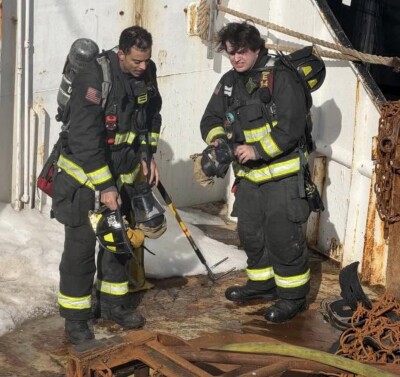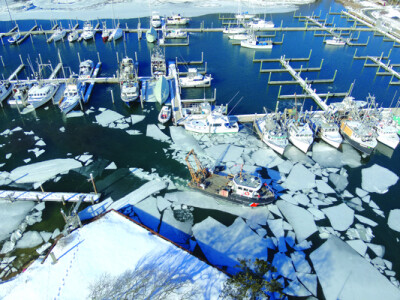CHATHAM — Like many who represent Cape and Islands fishermen, Alex Friedman, the president of the Dukes County Fishermen's Association, started getting calls a week ago that eight large vessels, operating in pairs, were towing large nets the size of football fields between them and cleaning out the herring just a few miles east of Cape Cod.
These boats caught so much herring in such a short period of time that they overshot the quota for the herring management area that runs from Chatham to Gloucester and 200 miles out to the territorial limit by 60 percent, according to the National Marine Fisheries Service.
"As our season, both the commercial and recreational, is about to start, to have such a massive effort on forage fish is unprecedented," Friedman said. "People start seeing the scale of these boats and connect that with the fact that they are removing food for tuna, whales and other important species."
Because these midwater trawl herring vessels, which run more than 160-feet long, must catch a lot of relatively low-priced herring to make a profit, and because herring tend to run in dense homogenous schools, this type of fishing technique is permitted by the federal government. But local fishermen worry that they are too efficient at catching herring and can quickly catch every school in an area, driving important species such as striped bass and bluefin tuna farther offshore, out of the reach of the Cape's small-boat fishermen.
Read the full story at Cape Cod Times>>






